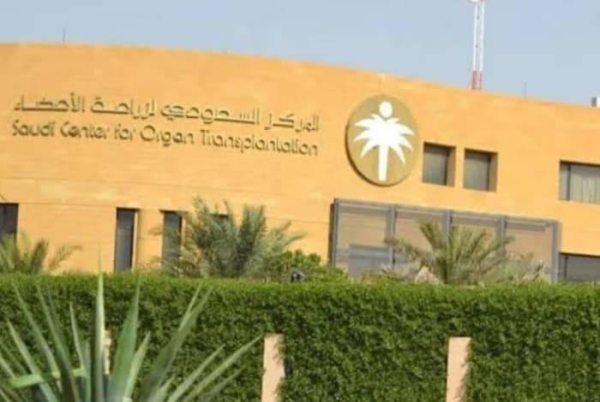The Saudi Center for Organ Transplantation (SCOT) recently launched the National Kidney Exchange Program between families in order to facilitate kidney transplants for those in need. This program allows for the exchange of kidneys between families when the donated organ from a living person does not match that of the patient. This reciprocal kidney transplant program is being implemented for the first time in the Kingdom and will take place at King Fahd Specialist Hospital in Dammam and King Abdulaziz Medical City at the National Guard in Riyadh, under the supervision of SCOT. The main objective of the program is to increase the number of living donors and overcome the issue of blood and tissue incompatibility between donors and patients.
By implementing this exchange program, SCOT aims to provide greater opportunities for kidney failure patients who are on waiting lists for transplantation. This initiative is in line with the goals of the Health Sector Transformation Program, which is part of the Kingdom’s Vision 2030 plan. The program will first cover kidney transplant centers in Riyadh and Dammam, with plans to expand to all kidney transplant centers across the country in the future. SCOT is encouraging all kidney transplant programs in the Kingdom to participate in the National Kidney Exchange Program to increase the percentage of living donors from 10 percent to 30 percent in the second phase of the program.
This initiative is part of SCOT’s strategic plan to enhance organ transplantation efforts in the Kingdom, ensuring that each donation is utilized to its fullest potential. The center aims to provide effective transplant services while also facilitating access to healthcare services for citizens and residents. By increasing the availability of living donors and addressing compatibility issues between donors and patients, the National Kidney Exchange Program is expected to have a significant impact on the organ transplantation landscape in Saudi Arabia.
The launch of the National Kidney Exchange Program marks a significant milestone in the field of organ transplantation in Saudi Arabia. The program will not only increase the number of living donors but also provide more opportunities for kidney failure patients who are in need of transplants. By enabling reciprocal kidney transplants between families, SCOT is addressing one of the key challenges in organ transplantation – the issue of compatibility between donors and patients. This program is expected to have a positive impact on the overall healthcare system in the Kingdom, aligning with the objectives of Vision 2030 to enhance healthcare services and improve the quality of life for all citizens and residents.
As the program expands to cover all kidney transplant centers in the Kingdom, it is expected to further increase the percentage of living donors and provide more opportunities for those in need of kidney transplants. By encouraging participation from all kidney transplant programs, SCOT is taking a collaborative approach to address the challenges associated with organ transplantation in the country. The success of the National Kidney Exchange Program will not only benefit individual patients but also contribute to the overall improvement of healthcare services in Saudi Arabia.
In conclusion, the National Kidney Exchange Program launched by SCOT represents a significant step towards enhancing organ transplantation efforts in Saudi Arabia. By enabling reciprocal kidney transplants between families, the program addresses the issue of compatibility between donors and patients, increasing the number of living donors and opportunities for kidney failure patients on waiting lists. As the program expands to cover all kidney transplant centers in the Kingdom, it is expected to have a significant impact on the organ transplantation landscape, aligning with the goals of Vision 2030 to improve healthcare services and benefit all citizens and residents.


























